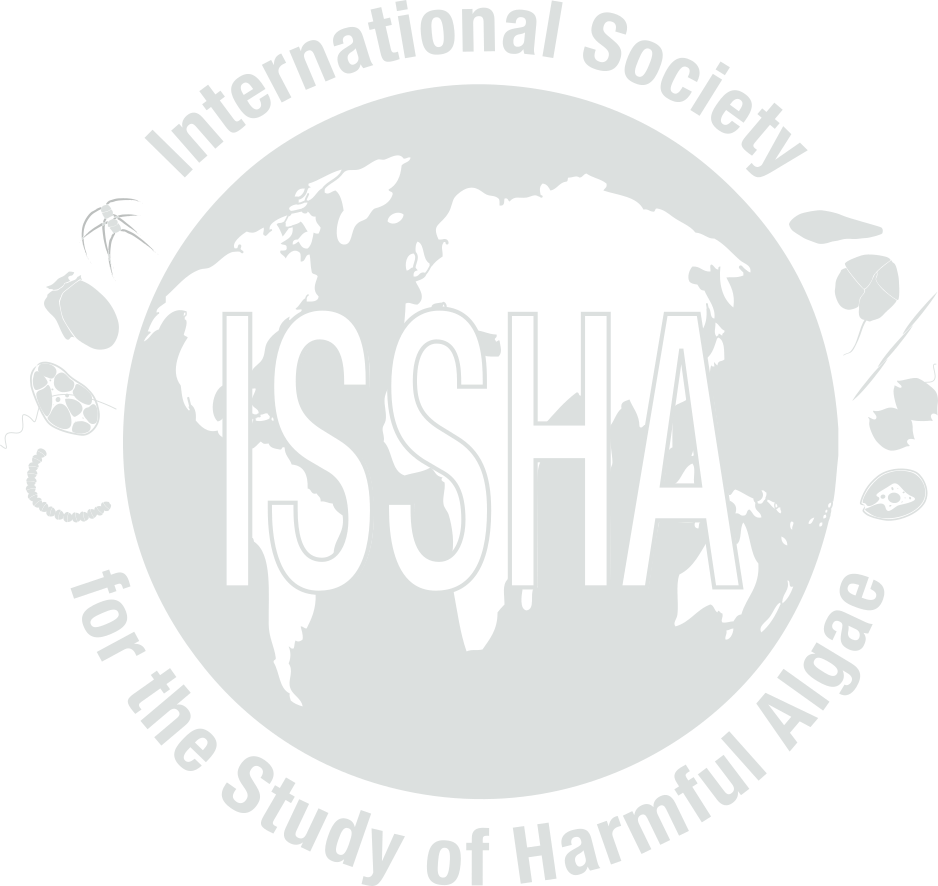


| Event name: | US-89-009 | |
| Country: | UNITED STATES | |
|
Nature of the harmful event: |
Seafood toxins | |
|
Event directly affected: |
||
| Toxicity detected: | Yes (Approximate range: 14,000 µg STXeq / 100 g meat.) | |
| Associated syndrome: | PSP | |
| Unexplained toxicity: | No | |
| Species implicated in toxin transmission (transvector): | ||
| Report the outcome of a monitoring programme: | Yes | |
| Event occurred before in this location: | Yes (1969, 1973.) | |
| Individuals to contact: | ROSS, Maria R. | |
| Location: | Latitude: , Longitude: | |
| General location information: |
Humboldt County., California. HAB Area code(s): US-21 |
|
| Additional location information: | Areas affected: Humboldt Bay (Mad River, Bird Isl., Indian Isl. Chan., Sand Isl., North Jetty #1 & #2, Comm. Grow Station, Shelter Cove, Trinidad Head, Trinidad Pier, Samoa Bridge (center span) | |
| Bloom event dates (yyyy/mm/dd): | Start: 1989-09-01, End: 1989-11-30 | |
| Quarantine levels dates (yyyy/mm/dd): | ||
| Additional date-related information: | September-November | |
| Causative organism known: | Yes | |
| Causative Species/Genus: |
Protogonyaulax catenella
( cells/L)
|
|
| Co-Ocurring Species/Genus: | ||
| Chlorophyll concentration, if known: | µg/l | |
| Additional bloom information: | ||
| Event-related bibliography: | ||
|
||||||||||||||||||||||||||
| Nutrient information: | ||||||||||||||||||||||||||
| Temperature Range During Event: | Max: °C, Min: °C | |||||||||||||||||||||||||
| Salinity Range During Event: | ||||||||||||||||||||||||||
| Bloom location in the water column: | ||||||||||||||||||||||||||
| Growth: | ||||||||||||||||||||||||||
| Growth Comments | It appeared to be an in situ growth and it may have been exacerbated by an advected population | |||||||||||||||||||||||||
| Additional Environmental information: | Data not available | |||||||||||||||||||||||||
|
||||||||||||||||||||||||||||||||
| Kit used: No | Type of kit used: | |||||||||||||||||||||||||||||||
| Additional information: | ||||||||||||||||||||||||||||||||
| Economic losses: | ||||||||||||||||||||||||||||||||
| Management decision: | Although the annual mussel quarantine was in effect during the bloom an emergency quarantine was initiated for clams, sacallops, native oysters, cockles, and other bivalves. The quarantine was extended beyond the Oct31 normal deadline to Nov. 30, 1989. | |||||||||||||||||||||||||||||||
| Additional harmful effect information: | Extremely elevated concentrations of paralytic toxins in sentinel (3500 µg) wild (2200 µg) bay mussels, wild (4400 µg) sentinel (14000 µg) sea mussels, cultured Pacific oysters (270 µg). | |||||||||||||||||||||||||||||||
